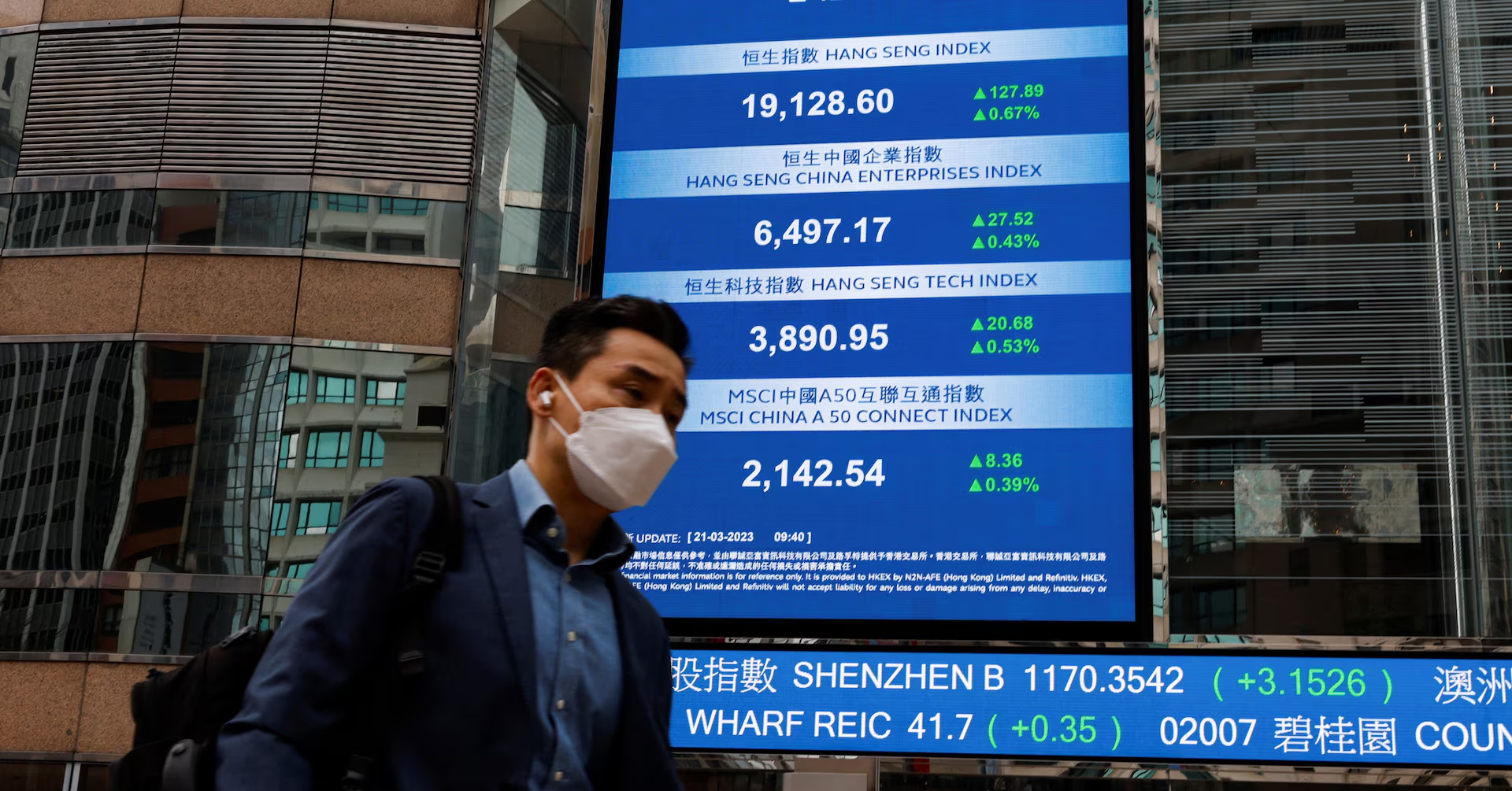Global investors are signaling a renewed interest in Chinese markets, prompted by Beijing’s recent efforts to stimulate its slowing economy and revitalize its stock markets.

While economic challenges persist, fund managers overseeing more than $1.5 trillion in assets see potential in China’s still-low company valuations. This shift comes as the Chinese government implements measures to boost consumer spending and attract more investment into equities.
Gabriel Sacks, emerging market portfolio manager at Abrdn, which manages £506 billion ($677 billion) in assets, told The Associated Press, “We’re going to be very disciplined, but in aggregate we feel there’s more upside than downside.” Sacks confirmed that Abrdn had selectively purchased Chinese stocks last week.
However, investors remain cautious. China’s factory activity contracted for the fifth consecutive month in September, while the services sector slowed sharply, indicating urgent action may be needed to meet Beijing’s 5% growth target for 2024.
The sentiment shift is notable given recent history. Mutual funds’ China equity holdings fell to a decade-low of 5.1% of portfolios in late August, according to Goldman Sachs strategist Scott Rubner.
Natasha Ebtehadj at Artemis Fund Managers cited a disconnect between current stock valuations and improving policy measures. “There’s too much of a disconnect between what valuations are pricing in and that improving policy narrative,” she said, confirming recent increases in Chinese equity holdings.

Beijing’s recent policy moves include easing home-buying restrictions, cutting bank lending rates, and offering brokers cheap funds to purchase stocks. These actions led to Chinese stocks experiencing their best daily gain since 2008 on Monday.
George Efstathopoulos, a Singapore-based portfolio manager at Fidelity International, cautioned that the current rally might be “technical, liquidity-driven,” potentially fueled by short sellers unwinding bets.
The shift comes after investors pulled a net $1.4 billion from greater China equity funds tracked by Lipper so far in 2024, reversing all inflows from 2023.
Mark Tinker, chief investment officer at Toscafund Hong Kong, suggested that Beijing’s latest measures indicate a focus on building sustainable household demand rather than pursuing quick growth through property or infrastructure booms.
As the situation evolves, many investors are advising clients to consider adding Chinese positions. Luca Paolini, chief strategist at Pictet Asset Management, which oversees more than €260 billion ($291 billion) of client funds, noted, “What we are telling our clients this week is that if you have nothing [in China] you may want to add some positions.”
Reuters


